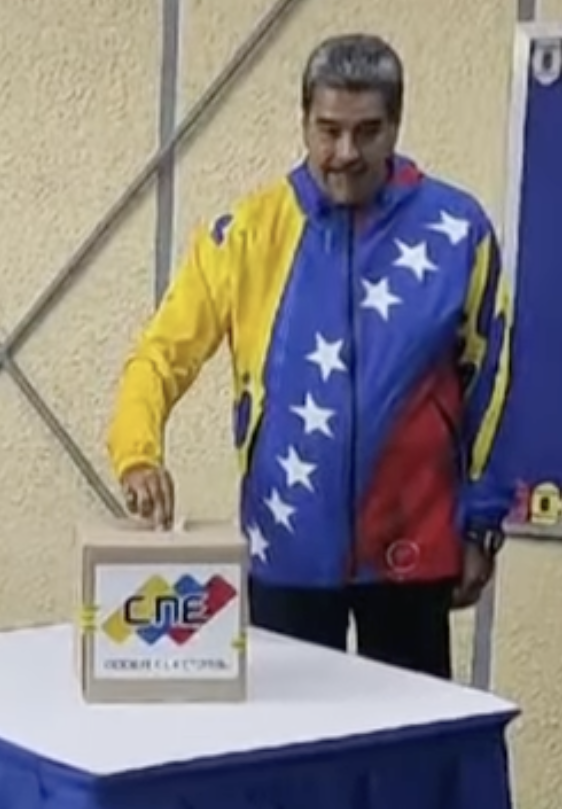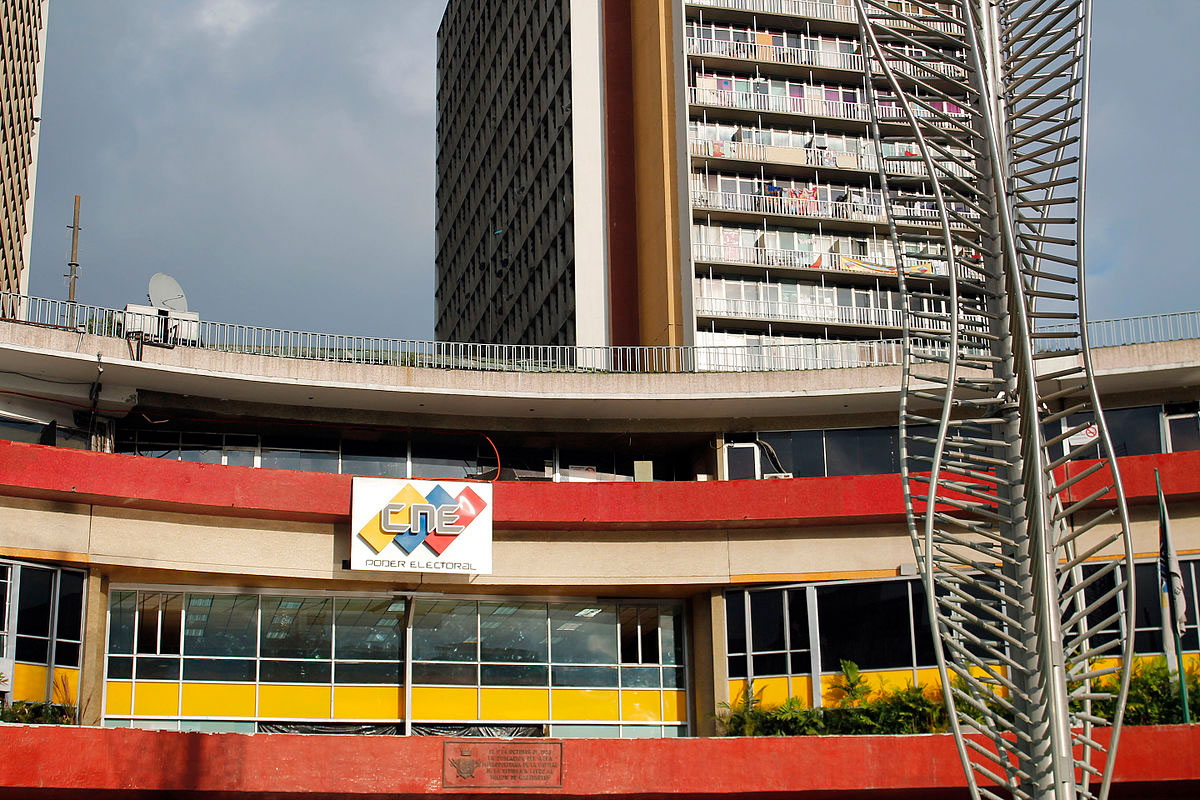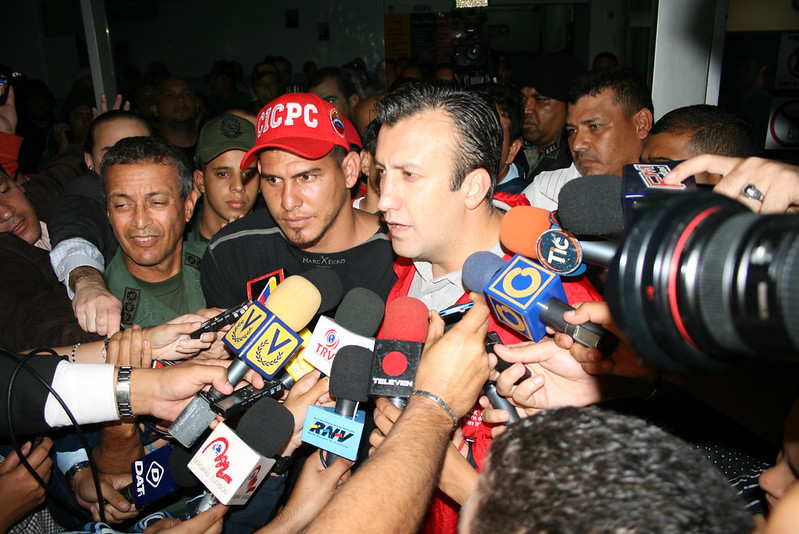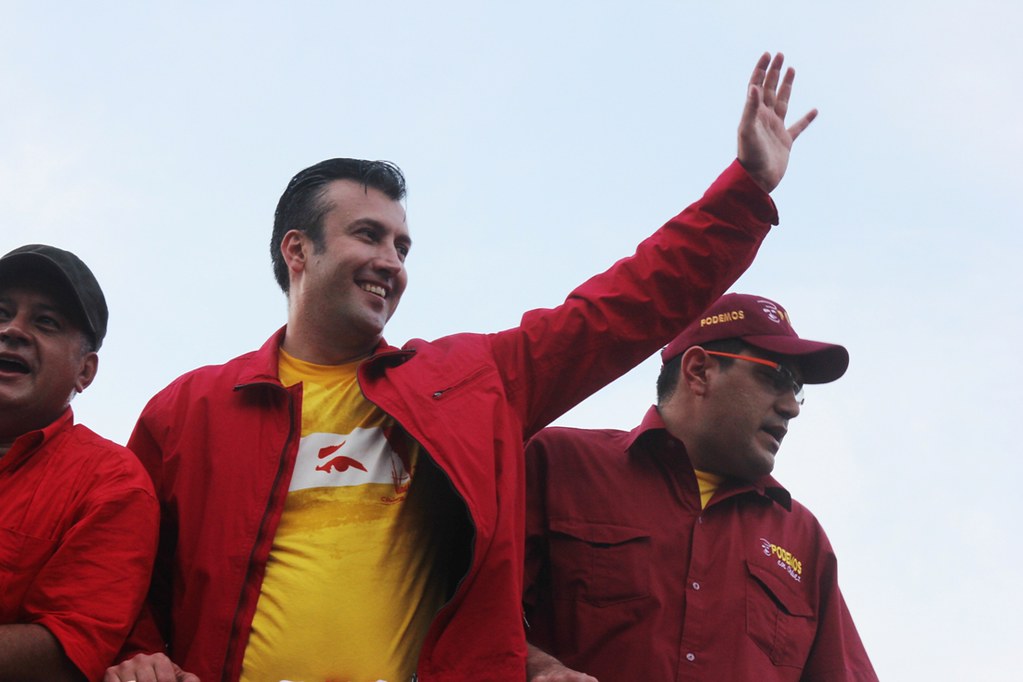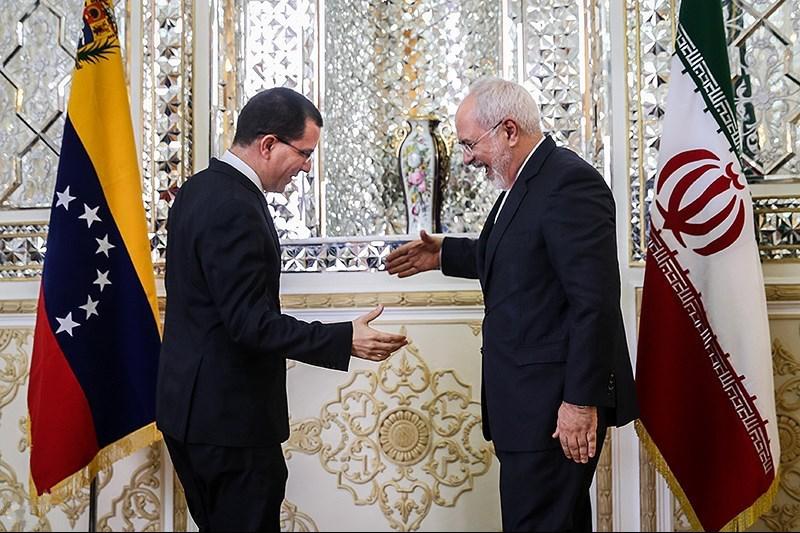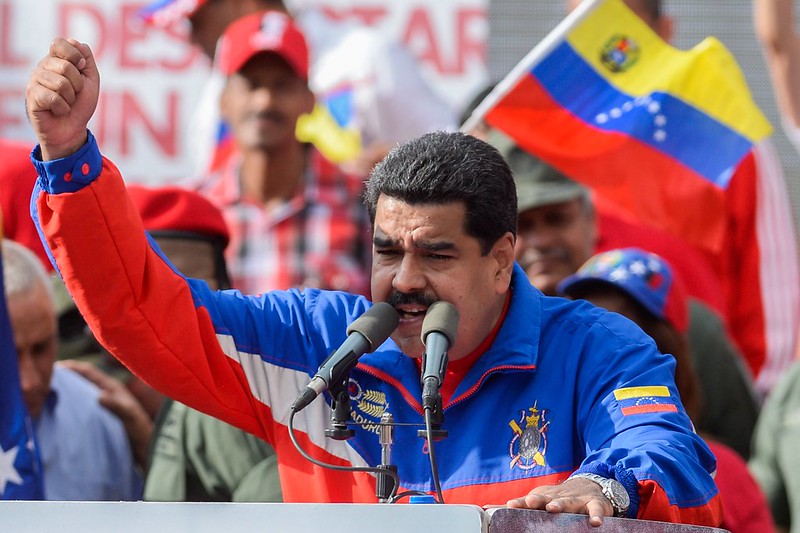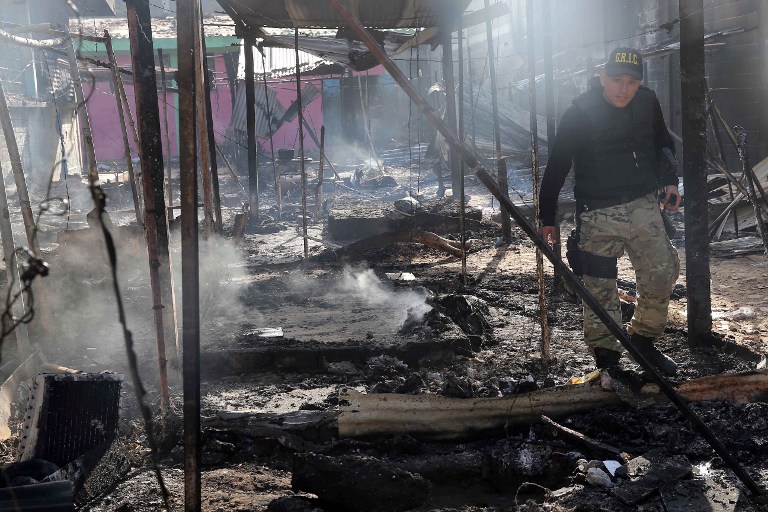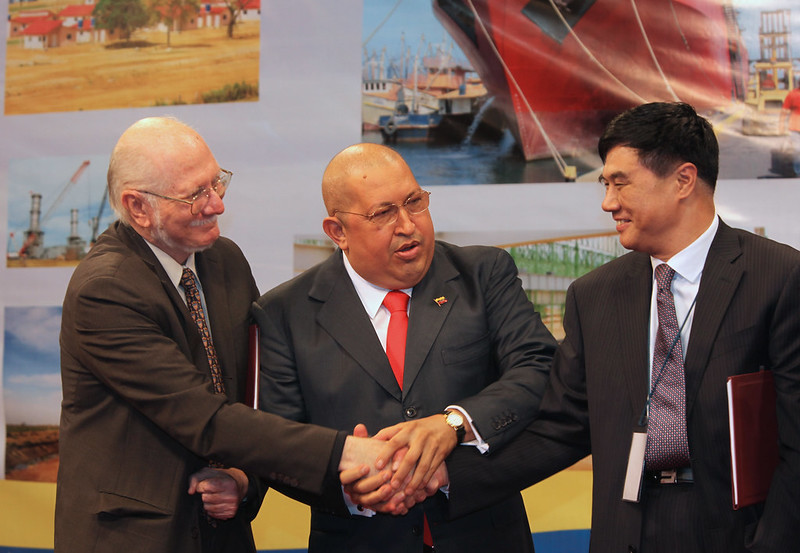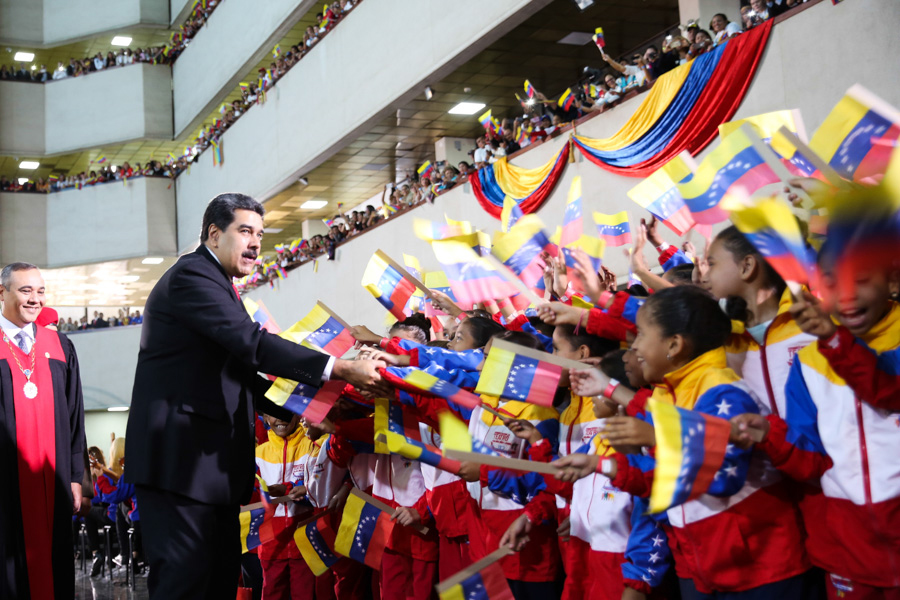
In an earlier photo, Maduro swears in for his second six-year term in office, which began in 2019.
“Among the only leaders who accompanied Maduro on his day were Commander Daniel Ortega of Nicaragua and the heir to Castroism, Miguel Díaz-Canel of Cuba…Vyacheslav Volodin, the speaker of the Duma, was the one Putin asked to travel to Caracas.”
In early January 2025, President Nicolás Maduro took the oath of office for another six-year term, setting him up to govern Venezuela for longer than his political mentor, Hugo Chávez. The inauguration, occurring in a tense climate of military deployments throughout major cities, was a product of what many experts consider the regime’s most brazen election theft. Unlike previous elections, Venezuela’s opposition possesses vote tallies from electronic voting machines proving Maduro lost by a ratio of more than 2:1.[i] Spain’s top daily, El País, reports that the inauguration was a poorly attended affair. Presidents Díaz-Canel from Cuba and Daniel Ortega from Nicaragua, leftist allies of Maduro, were the only heads of state from Latin America to attend. In a show of support, Russian President Vladimir Putin did send the head of the lower house, Vyacheslav Volodin.[ii]
Maduro’s inauguration for a third term is important for the region’s operational environment for several reasons.[iii] First, despite Maduro’s highly authoritarian regime, the brazen nature of the electoral theft, against transparent proof that he lost the election, indicates the regime may no longer care to have a semblance of democracy undergirding claims of legitimacy. Second, after the fall of the Assad regime in Syria, Russia’s authoritarian allies have been nervous about continued support from Moscow. The attendance of lower house speaker Vyacheslav Volodin was notable for Putin to demonstrate support for Maduro in the wake of letting Syria fall. Maintaining the Maduro regime in Venezuela is key for Putin in a region where Russia has few natural allies.
Sources:
“Solo los presidentes latinoamericanos de Cuba y de Nicaragua asisten a la toma de posesión de Maduro (Only the Latin American presidents of Cuba and Nicaragua attend Maduro’s inauguration), El País (Spain’s top daily with some of Latin America’s best coverage), 10 January 2025. https://elpais.com/america-colombia/2025-01-10/solo-los-presidentes-latinoamericanos-de-cuba-y-de-nicaragua-asisten-a-la-toma-de-posesion-de-maduro.html
Venezuela under Nicolás Maduro is said to be increasingly isolated, but the country’s president did not seem worried about it on Friday during his inauguration in the National Assembly…The number of 125 was somewhat misleading, because not all those present at Maduro’s proclamation were diplomatic officials, and very few were heads of state or foreign ministers. Among the only leaders who accompanied Maduro on his day were Commander Daniel Ortega of Nicaragua and the heir to Castroism, Miguel Díaz-Canel of Cuba…Vyacheslav Volodin, the speaker of the Duma, was the one Putin asked to travel to Caracas…Much of Latin America’s democratic left, however, was absent.
Notes:
[i] For more on the Maduro regime’s election theft, see: Ryan C. Berg and Christopher Hernandez-Roy, “Can Maduro Pull Off the Mother of All Electoral Frauds?,” Center for Strategic and International Studies, 1 August 2024. https://www.csis.org/analysis/can-maduro-pull-mother-all-electoral-frauds
[ii] For more information on the opposition’s claims to victory and their plans to inaugurate Edmundo González, see: Stefano Pozzebon, “Fear on the streets of Caracas as Maduro’s inauguration looms,” CNN.com, 9 January 2025. https://edition.cnn.com/2025/01/09/americas/venezuela-protests-maduro-inauguration-intl-latam/index.html
[iii] For more information on regional insecurity generated by the Maduro regime, see: Ryan C. Berg, “Maduro’s Venezuela Continues Its Campaign of Regional Destabilization,” OE Watch, April 2021. https://community.apan.org/wg/tradoc-g2/fmso/m/oe-watch-articles-2-singular-format/383027
Image Information:
Image: In an earlier photo, Maduro swears in for his second six-year term in office, which began in 2019.
Source: https://commons.wikimedia.org/wiki/File:Maduro_with_supportes_at_Jan_2019_inauguration.jpg.
Attribution: CC0 1.0 Universal

